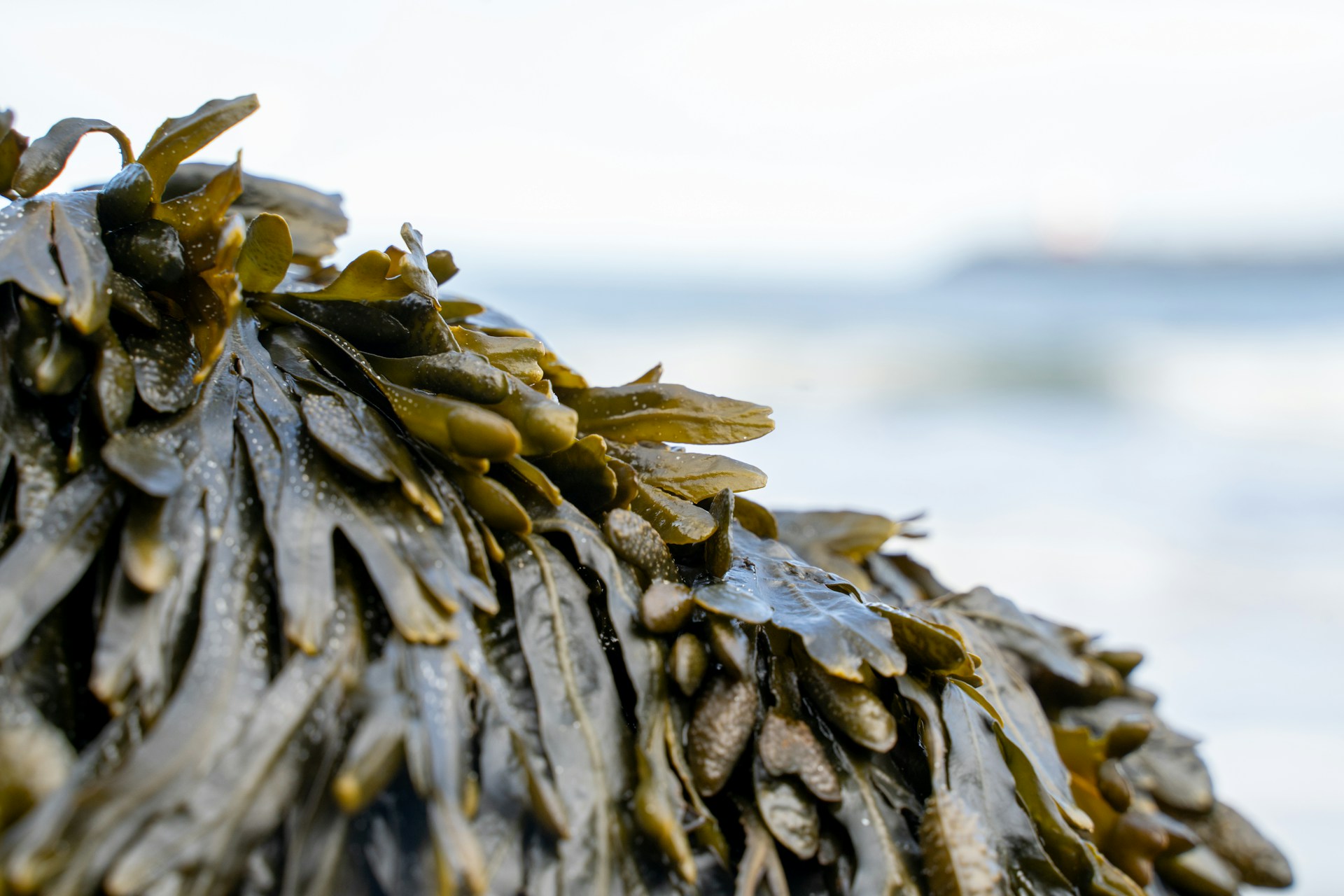Exploring the development of a yeast strain which can form a biofilm on seaweed cables.
Nutri-San is working with the Zanzibar Government on a large-scale commercial project extracting carrageenan, a natural additive used by the food industry that comes from red seaweed.
The project’s commercial partner (Nutri-San) is developing a carrageenan extraction business in a Joint Venture with the Zanzibar government on Pemba. This project will require seaweed cultivation on huge scale (in a 24,000 square meter purpose-built facility for extraction, with daily capacity to extract 2 tonnes of finished product from 6 tonnes of biomass). Seaweeds are grown on cables made from polypropylene plastic which are suspended in marine waters where the cables are exposed to sun, salt, and agitation. These combined stresses mean that the ecologically safe lifetime of the cables is limited. They need to be discarded at the end of their life (preferably prior to the point when the risk of exponential microplastic pollution from stresses on the cables is reached).
The University of Kent has an extensive library of yeast species. This project will explore the development of a yeast strain which can form a biofilm on the cable. The yeast secretes enzymes to break down and destroy polypropylene plastic as it sheds. This could be a game-changing biotechnology for removing plastics across industries. The academic partner to the proposal have established a biodegradation system for other types of plastic, which is based on the growth of biofilms of enzyme-secreting yeast microbes on the plastic.
The partners will collaborate to explore the establishment of a biofilm-based degradation system for polypropylene. If successful this would substantially reduce the environmental footprint of Nutri-San’s seaweed growing operations, as well as establishing new technology for the biobased removal of plastic contaminants in general.
This is a Growing Kent & Medway Business Innovation Voucher funded collaboration.
Academics involved: Tobias von der Haar | Business involved: Nutri-San
